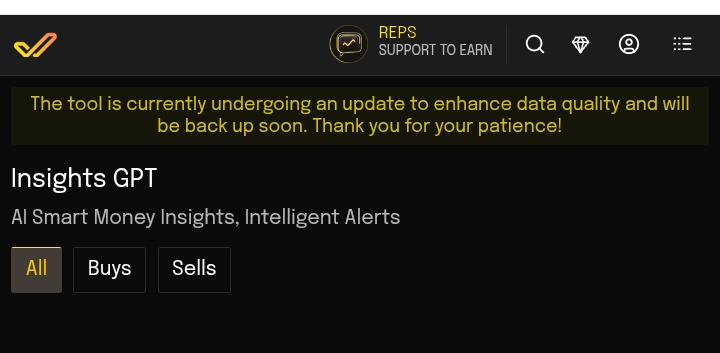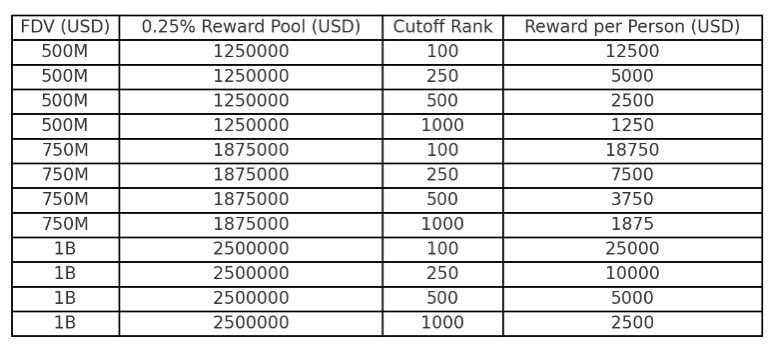Navigating the AI Landscape in 2025: Transformations, Challenges, and Opportunities
—
The Dawn of an AI-Driven Era
Artificial Intelligence (AI) has long been a subject of fascination, evolving from a futuristic concept to an integral force shaping our world today. By 2025, AI’s influence permeates virtually every industry—from healthcare to finance, from creative arts to manufacturing. What once seemed like science fiction is now embedded in daily workflows, decision-making processes, and consumer experiences. This report explores the multifaceted AI landscape as it stands in 2025, breaking down advances in technology, ethical considerations, economic impacts, and evolving opportunities for businesses and individuals alike.
—
Breaking Down Complex AI Technologies Into Everyday Terms
Artificial Intelligence encompasses a broad range of technologies, each with specific capabilities and applications. At its core, AI is about machines mimicking human intelligence to perform tasks such as learning, reasoning, and problem-solving. Underneath this umbrella lie branches like machine learning (ML), natural language processing (NLP), computer vision, and robotics.
– Machine Learning: Enables computers to learn from data, improving over time without explicit programming. It powers recommendation systems on Netflix, fraud detection in banks, and predictive maintenance in factories.
– Natural Language Processing: Allows machines to understand and generate human language, fueling chatbots, virtual assistants, and automated translation.
– Computer Vision: Empowers machines to interpret visual data, essential in facial recognition, autonomous vehicles, and quality control in manufacturing.
– Robotics: Embeds AI into physical machines performing tasks autonomously in environments ranging from warehouses to surgical theaters.
What distinguishes the 2025 AI landscape is the fusion of these branches into hybrid systems capable of nuanced and context-aware decision-making. Moreover, AI is becoming more accessible through tools that hide technical complexity behind user-friendly interfaces, much like how smartphones put powerful computers in everyone’s hands.
—
AI’s Economic and Social Footprint: Disruption and Opportunity
AI isn’t just technology—it’s a driver of profound economic transformation. Automation is reshaping labor markets, creating demand for novel skills while rendering some traditional jobs obsolete. Industries are undergoing metamorphosis:
– Healthcare: AI assists in diagnostic processes, drug discovery, and personalized treatment plans, improving patient outcomes and reducing costs.
– Finance: Algorithmic trading, fraud detection, and credit risk analysis are AI-driven, boosting efficiency and security.
– Creative Industries: From AI-generated art and music to automated content creation, originality meets machine precision.
– Manufacturing and Supply Chain: Predictive analytics optimize inventory, while AI-guided robots speed up production lines.
This transition isn’t smooth for all. Ethical questions emerge around AI’s role in decision-making, especially when transparency and accountability are murky. Privacy concerns intensify as AI systems ingest massive datasets, often involving personal information. Governments and organizations wrestle with establishing frameworks that promote innovation while safeguarding individual rights.
—
AI in Everyday Life: From Convenience to Companionship
AI’s pervasiveness is evident in consumer technology. Voice assistants such as Alexa and Google Assistant have evolved into sophisticated companions anticipating user needs, controlling smart homes, and managing schedules seamlessly. AI-driven personalization powers social media feeds and shopping recommendations tailored to individual tastes.
Importantly, AI is also advancing in empathetic interactions. AI chatbots are deployed in mental health support, helping users vent and access resources in critical moments. Virtual tutors adapt to students’ learning styles, democratizing education by providing tailored assistance irrespective of geography.
—
Challenges in AI: Bias, Explainability, and Regulation
Despite strides, obstacles remain. AI models reflect the data they are trained on, which can embed societal biases—leading to unfair or discriminatory outcomes in hiring, lending, or law enforcement. Efforts to build explainable AI aim to make decisions understandable to humans, crucial for trust and legal compliance.
Regulatory frameworks are diverse globally, ranging from outright bans on certain AI applications to open innovation encouragement. Balancing innovation with governance is a delicate dance, requiring ongoing dialogue between technologists, policymakers, and civil society.
—
Preparing for an AI-Enhanced Future: Skills and Strategies
As AI reshapes careers, the workforce must adapt. Emphasis is growing on:
– Lifelong learning: Continuous skill upgrades in AI literacy, data analysis, and complementary soft skills like creativity and critical thinking.
– Cross-disciplinary knowledge: The AI frontier demands collaborations between technical experts, ethicists, designers, and domain specialists.
– Entrepreneurship and innovation: Startups leveraging AI to disrupt traditional markets or create new ones are flourishing.
Organizations, too, must rethink strategies—integrating AI not just as a tool but embedding it in their core business models for sustained competitive advantage.
—
Conclusion: Embracing Complexity with Curiosity
The AI landscape in 2025 is vibrant, complex, and full of promise. It is not a monolith but a constellation of technologies, social trends, and human aspirations converging in unprecedented ways. Success in this era hinges on embracing AI’s capabilities with a mindful approach to its ethical, social, and economic ripple effects.
As we navigate this frontier, curiosity remains our greatest asset—fueling innovation, enabling adaptation, and ensuring that AI serves as a powerful ally in creating a more connected, efficient, and equitable world.
—
References and Further Reading
– MIT Technology Review – The State of AI in 2025
– World Economic Forum – The Future of Jobs Report 2025
– Harvard Business Review – Ethical AI and Transparency
– OpenAI Blog – AI in Everyday Life
– PwC – AI’s Economic Impact
—
Master crypto and NFT insights easily with tools like DexCheck.io and UnleashNFTs Snap—start smart investing today!





